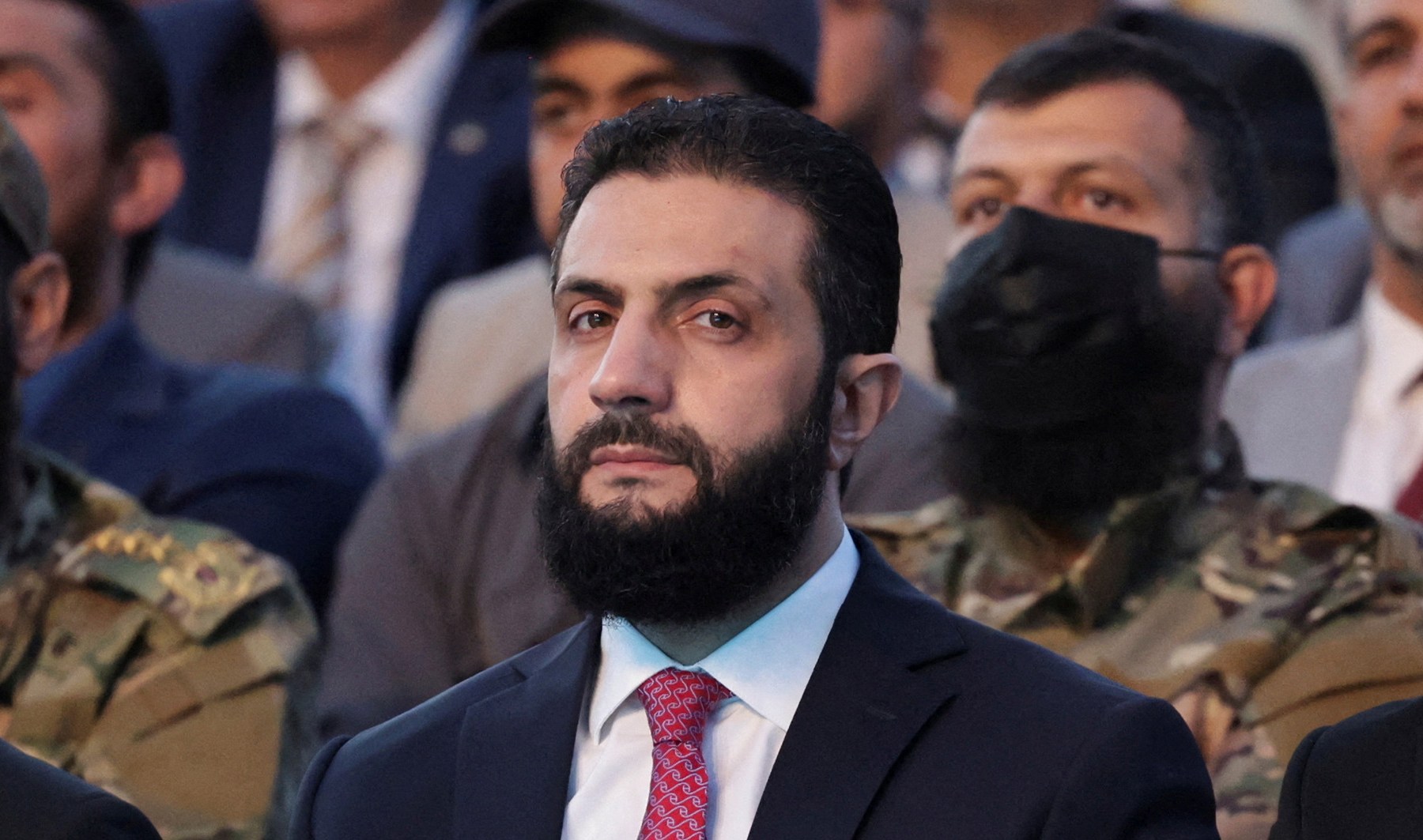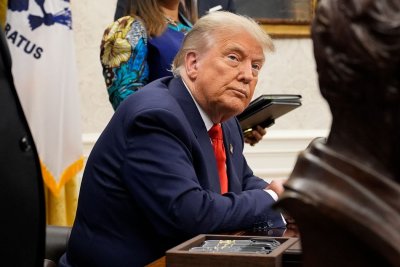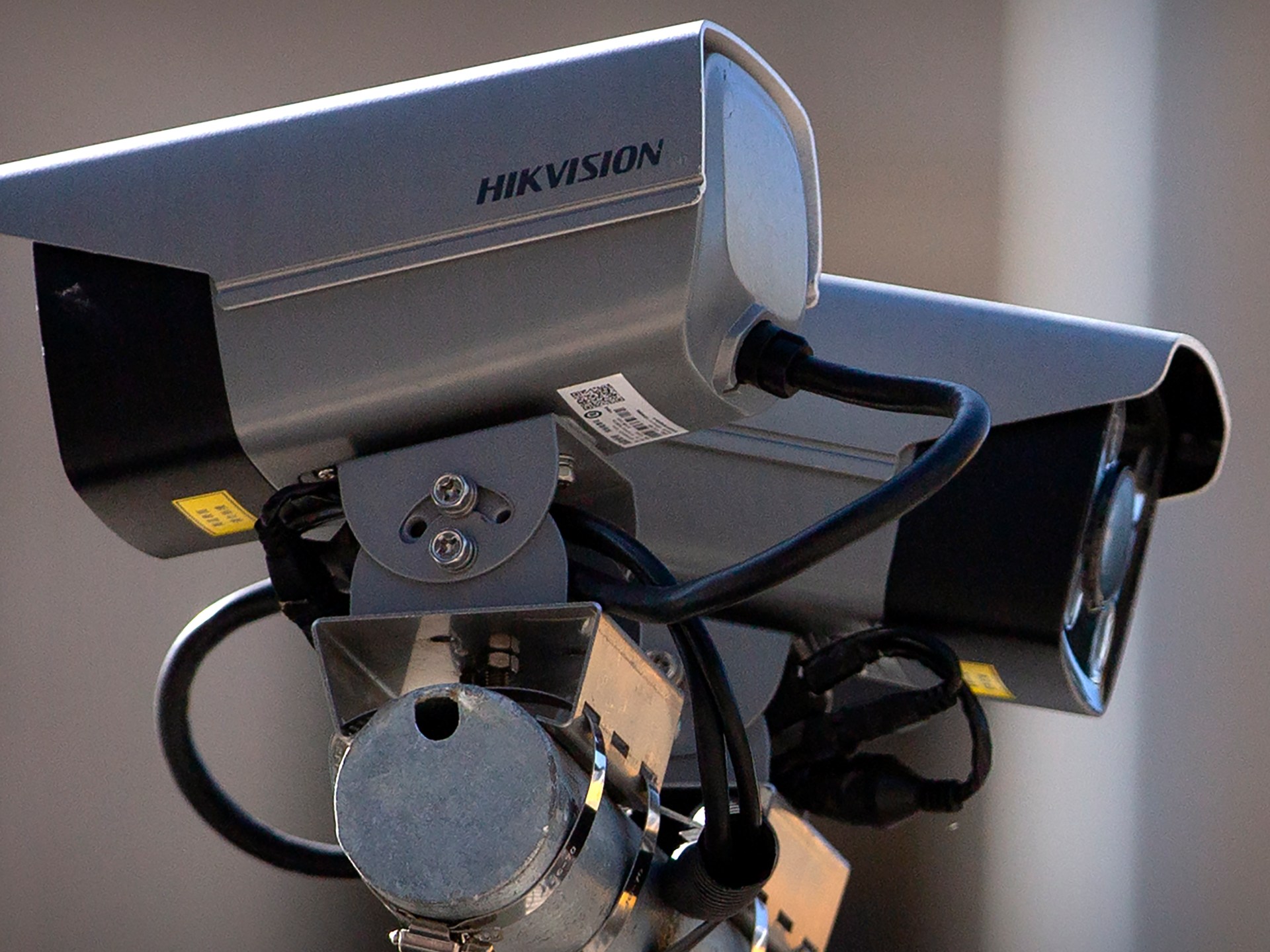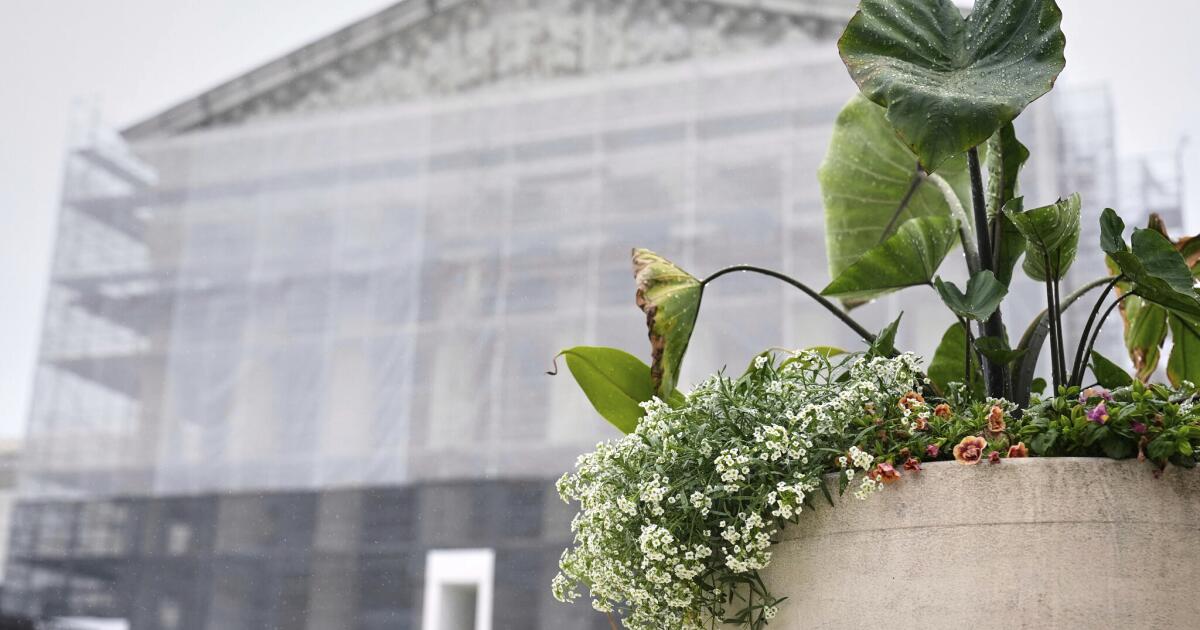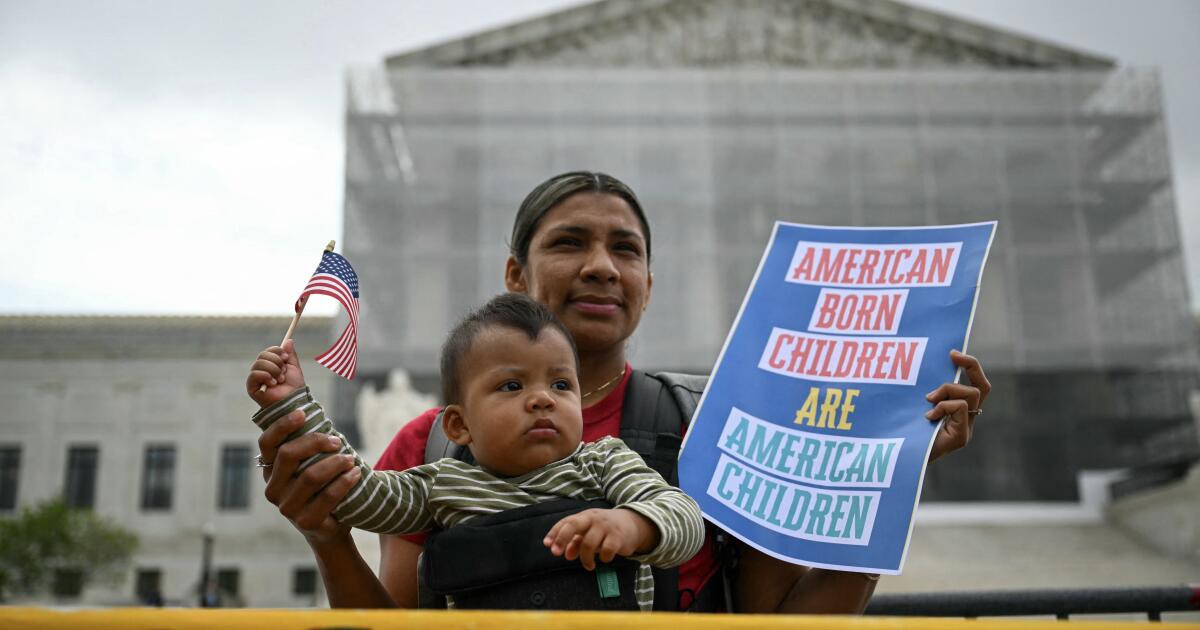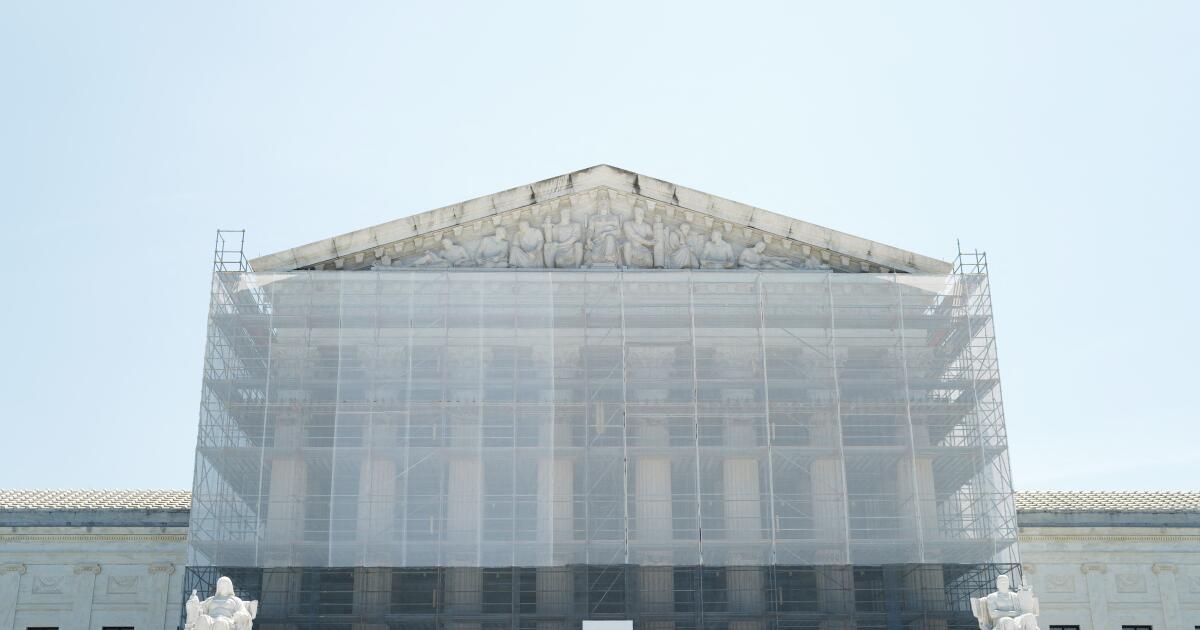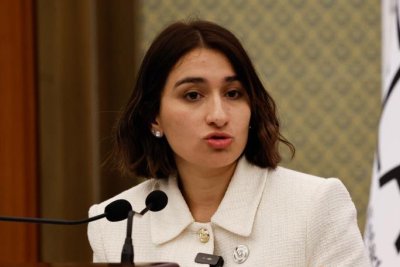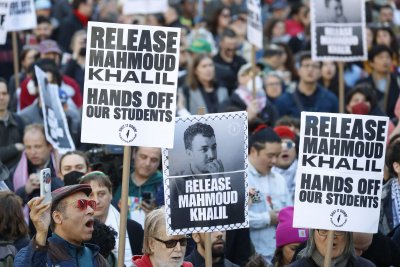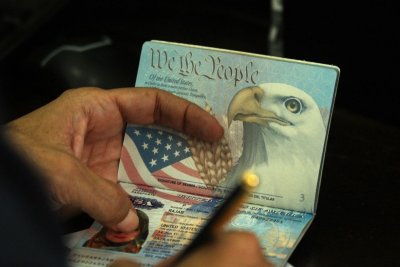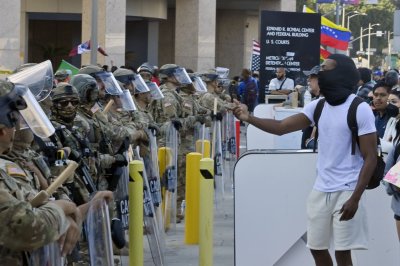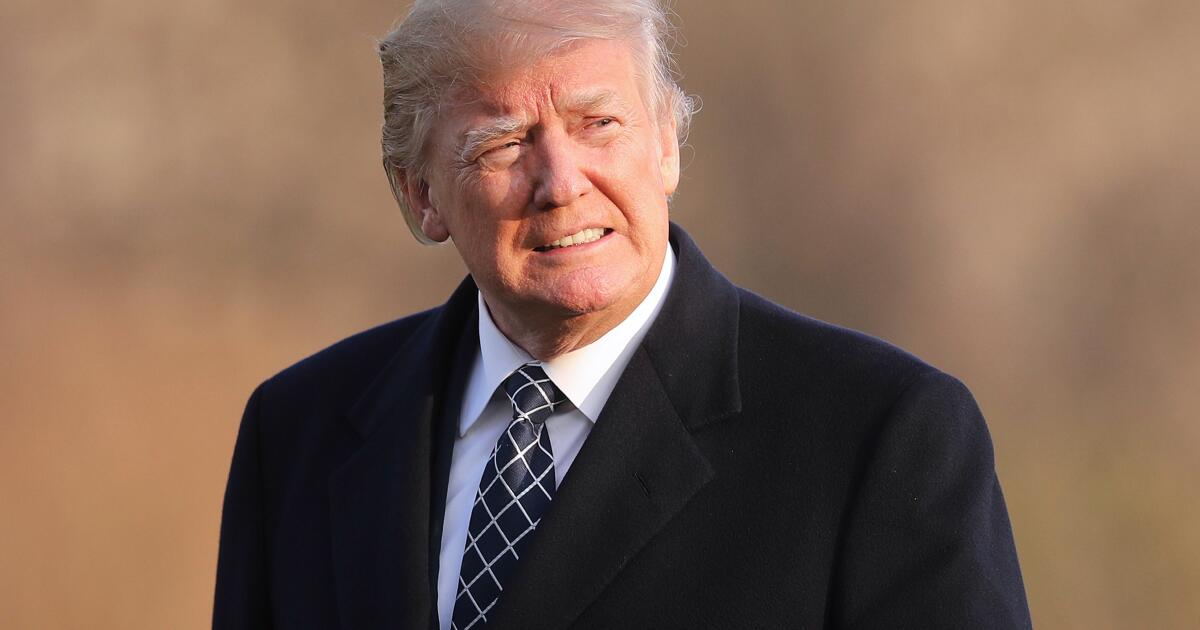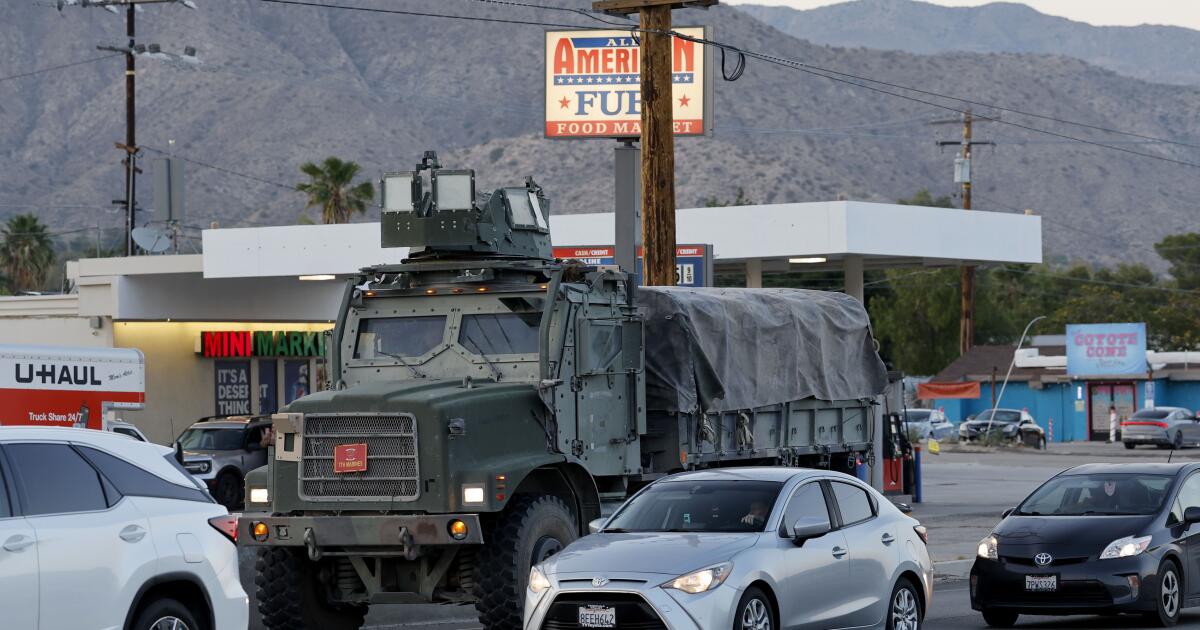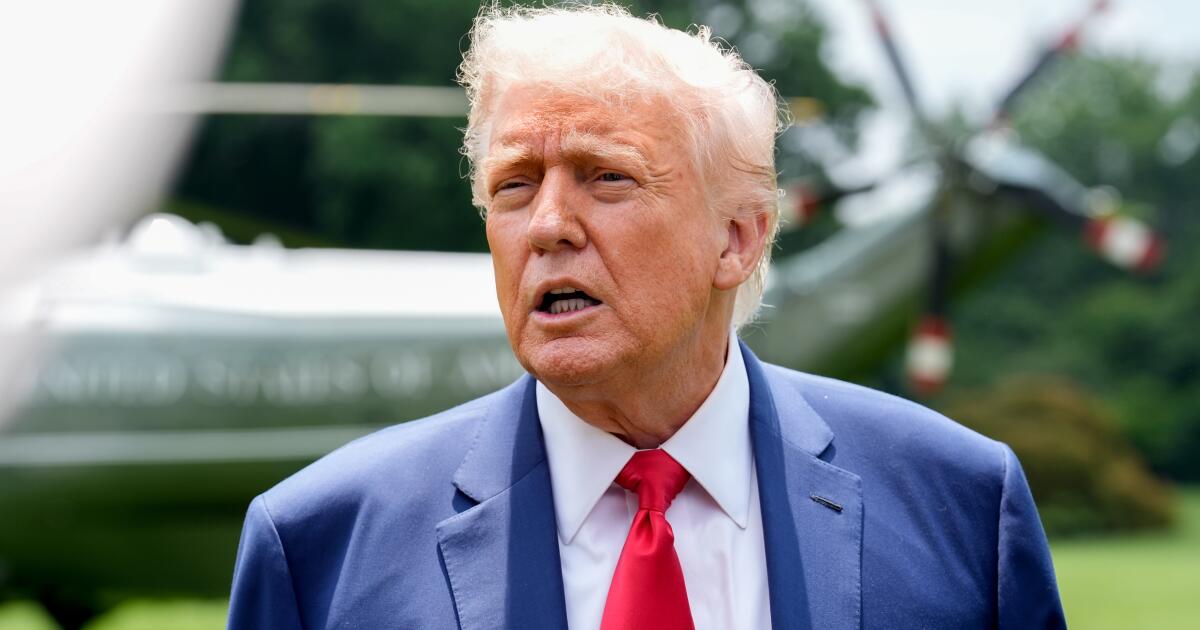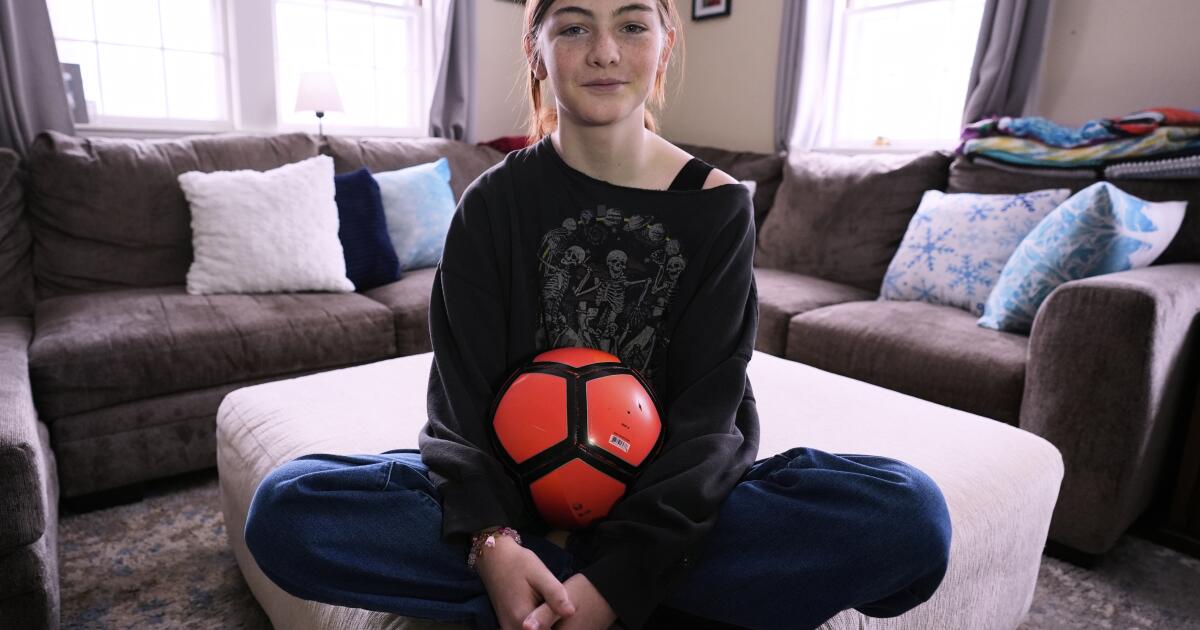Sue Fogwell, a flight attendant with 22 years of experience up in the skies, has revealed the reason why she never orders one particular drink when she is flying
A cabin crew member has shared the one drink she would not order on a plane.
Sue Fogwell, a veteran flight attendant with 22 years in the skies, says that a Bloody Mary is a bad idea on a plane. The cabin crew member told Travel + Leisure that the drink’s sodium level is a recipe for a bad time when up at 30,000 feet.
That is despite the fact that flying tends to leave passengers craving acidity and saltiness due to the extra air pressure—things that tomato juice should be able to deliver in good quantity.
“‘Due to the very high sodium content, I always avoid drinking Mr&Mrs T/bloody mary mix and tomato juice,” Sue said. She avoids the drink because high sodium levels can quickly make passengers feel dehydrated.
READ MORE: EasyJet flight attendants to walk out across Spain on key summer dates
There are other tipples that flight attendants advise avoiding. Jet, who also runs a blog sharing her in-flight experiences, has urged travellers to avoid fizzy drinks during their flights. It’s not the drinks themselves that are the issue, but rather the inconvenience they cause for flight attendants when serving them to passengers.
In her online blog, Jet shared that “soft drinks foam up a lot more when poured out of a can”, which means she has “to sit and wait for the bubbles to fall before I can continue pouring”.
This becomes especially time-consuming when there’s a line of passengers all wanting carbonated drinks, leading her to start pouring, take other orders, and then return to finish off the initial drink servings. And it’s not just about the inconvenience.
The dry cabin environment is another factor to consider, as consuming fizzy drinks or alcohol can worsen dehydration, potentially making you feel quite unwell. Furthermore, the fizziness in these drinks can lead to bloating and indigestion – neither of which are pleasant on a long-haul flight.
So, while your main considerations when ordering mid-flight might usually be cost and whether the hunger or thirst justifies the expense, flight attendants suggest there’s more to think about when choosing your in-flight refreshment.
TikTok’s very own flight attendant influencer, Brodie Capron, known on the platform as @brodie. capron, has recently taken to social media to debunk some common myths about in-flight tap water.
READ MORE: Brits travelling to Spain given alert after virus detected which is ‘almost always fatal’READ MORE: Europe’s most visited museum shuts its doors due to overcrowding fears
The question of whether it’s safe to drink bottled water on planes is a frequent one, particularly with rumours that the onboard water filters are seldom thoroughly cleaned. However, Brodie, who works for Virgin Australia, put these rumours to bed by confirming that their tap water is indeed safe to drink.
She confidently declared: “Is the water safe to drink? Yes, it is. It’s filtered, and it’s clean.”
On the other hand, fellow flight attendant Deja, who shares her insights under the TikTok handle @i. amdejaa, questions the cleanliness of liquids stored on planes.
Her advice to travellers is straightforward: “When you are travelling on an aeroplane please don’t drink coffee or tea,” and she didn’t stop there, adding hot chocolate to the list of drinks to avoid while flying. Deja claims that the “water tanks on the aeroplane are never cleaned, and they are very disgusting”.
